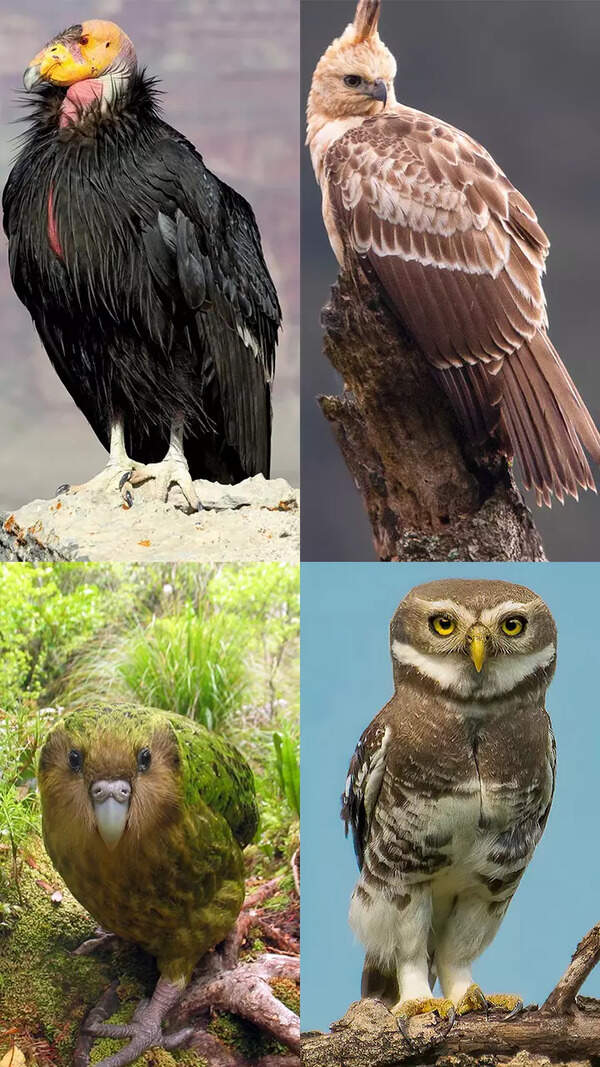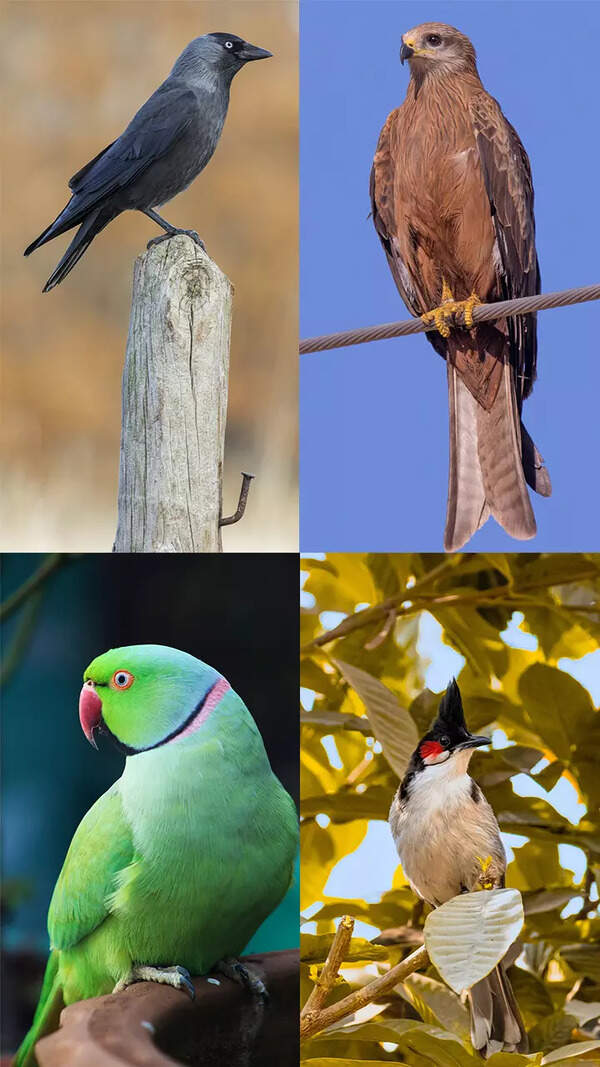- News
- City News
- rajkot News
- Saving Banni needs scientific approach: Study
Trending
Saving Banni needs scientific approach: Study

The study by Kutch University used a geographical information system (GIS) based multi-criteria evaluation (MCE) method with satellite data and the analytic hierarchy process (AHP) to assess suitability for grassland management. This assessment covered 20 criteria, including presence of nitrogen, potassium, iron, manganese, zinc, copper in the soil, its pH, texture and organic carbon.

Seema Sharma, assistant professor at the University and one of the study’s authors, said, “The highly suitable areas are ideal for grassland restoration with minimal constraints while suitable areas are viable for grassland expansion with moderate management efforts. The moderately suitable land requires careful management and additional inputs, while marginally suitable land requires significant interventions like erosion control.” Rupak Dey and M G Thakkar are the other authors of the study.
The Banni grasslands, which originally spanned approximately 3,800sq km, have shrunk to 2,618sq km, necessitating immediate action.
According to the study, previous efforts by govt and non-govt organizations to propose corrective actions did not take off the ground, underscoring the urgency for new, actionable strategies derived from scientific research.
Sharma also highlighted the grassland’s potential to be developed into a critical zone observatory (CZO) in the future. “CZO is a concept in which hydrologists, ecologists, anthropologists, geologists and the like work together to create a plan to conserve that critical zone. This concept is a decade old in foreign countries, but new in India and is needed to save Banni grasslands.”
The collaborative efforts of Kutch’s scientists aim to not only restore the grasslands but also present a replicable model for grassland management worldwide. Addressing the severe degradation of grasslands through informed, research-based interventions could ensure these ecosystems continue to thrive and support biodiversity, the study says.
“Despite the importance of grasslands, they are being degraded rapidly worldwide, with as much as 49% of grassland areas worldwide experiencing a certain level of degradation. In India, grasslands make up approximately 24% of the country’s total land area and are increasingly threatened by agricultural conversion, tree-based plantation projects, invasive species and mega development projects,” the study mentions.
We also published the following articles recently
Made with maize, microbes, TNAU bio-bag degrades in just 50 days
Researchers develop a bioplastic bag that decomposes quickly due to the absence of calcium carbonate. Plans are underway to introduce the bag to the market, utilizing resin from the sorghum plant for binding. The bag is thinner than other options, showcasing its durability and potential environmental impact.
Researchers develop a bioplastic bag that decomposes quickly due to the absence of calcium carbonate. Plans are underway to introduce the bag to the market, utilizing resin from the sorghum plant for binding. The bag is thinner than other options, showcasing its durability and potential environmental impact.
BJPs Annamalai to study in Oxford University for a few months
Tamil Nadu BJP VP confirms Annamalai's selection for Chevening Gurukul Fellowship at Oxford University. Delhi to decide on appointing in-charge during his three-month absence. Nagarajan expresses happiness over the state president's scholarship report.
Tamil Nadu BJP VP confirms Annamalai's selection for Chevening Gurukul Fellowship at Oxford University. Delhi to decide on appointing in-charge during his three-month absence. Nagarajan expresses happiness over the state president's scholarship report.
OpenAI's ChatGPT performs better than real students in university exams, study claims
Reading's School of Psychology and Clinical Language Sciences conducted a study urging educators globally to consider the implications of AI on assessments, emphasizing the need for academic integrity and information responsibility.
Reading's School of Psychology and Clinical Language Sciences conducted a study urging educators globally to consider the implications of AI on assessments, emphasizing the need for academic integrity and information responsibility.
End of Article
FOLLOW US ON SOCIAL MEDIA











